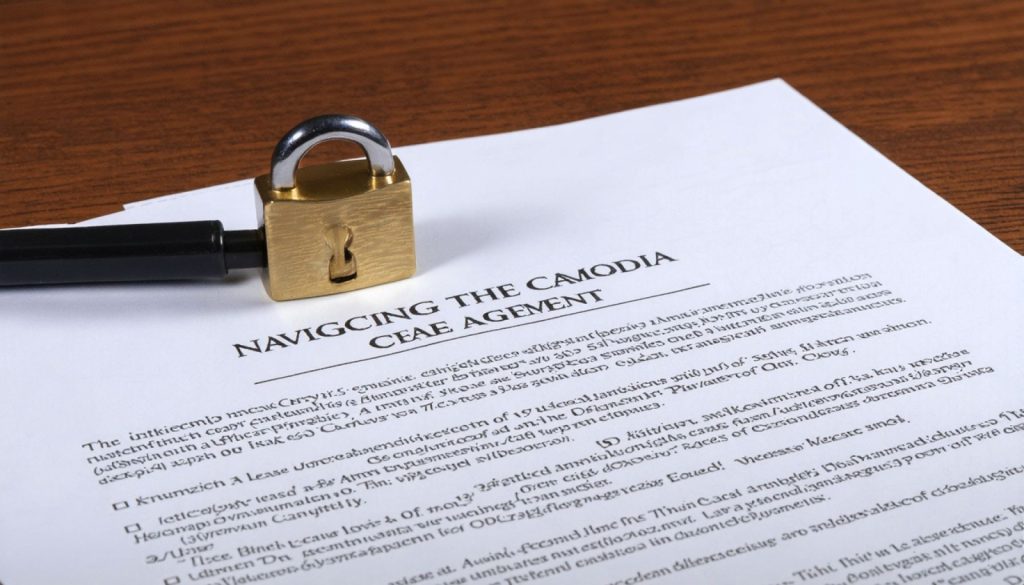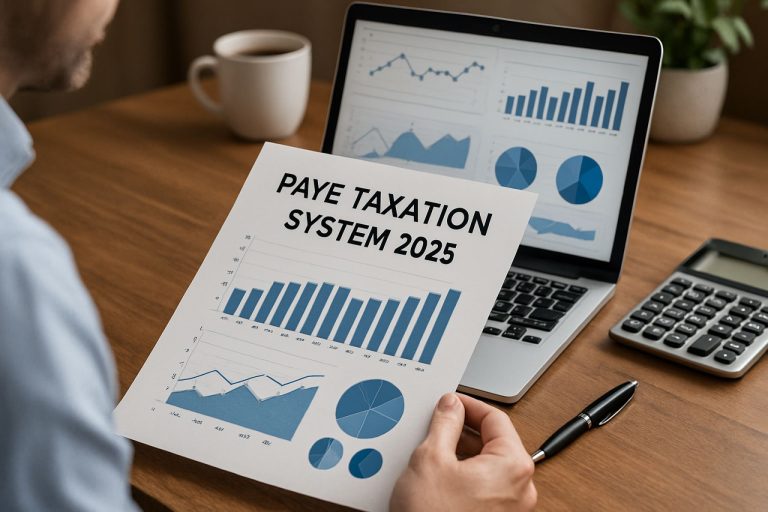
- Renting property in Cambodia offers a blend of cultural immersion and opportunity.
- Phnom Penh and Siem Reap are popular urban locations for securing property leases.
- Lease agreements are typically available in Khmer and English and outline key terms like rental period and security deposit.
- Lease terms generally span one to three years, offering stability in a dynamic environment.
- A three-month security deposit is common, and it’s crucial to verify its coverage for damages or rent arrears.
- Renting from trusted landlords enhances transparency and fosters positive relationships.
- Embracing local culture enriches the renting experience and provides a deeper engagement with Cambodian life.
- Due diligence and cultural appreciation guide successful navigation of Cambodia’s rental landscape.
 #realestate #cambodia #luxury #investment #interiordesign
#realestate #cambodia #luxury #investment #interiordesignRenting property in Cambodia unveils a journey through a land rich in culture and filled with opportunity. Walking through the bustling streets of Phnom Penh or wandering the ancient splendors of Siem Reap, one can sense the vibrant life that pulses through this Southeast Asian gem. As expatriates and locals alike seek to anchor themselves amidst Cambodia’s evolving landscape, understanding the essential elements of a lease agreement becomes pivotal.
Imagine the dense foliage of the countryside giving way to quaint village abodes or the skyline of Phnom Penh emerging with its eclectic mix of French colonial architecture and modern skyscrapers. In this setting, securing a suitable property lease is not merely a transaction—it’s a gateway to discovering a new way of life.
A typical Cambodian lease agreement is straightforward yet necessitates keen attention to detail. The document, often available in both Khmer and English, serves as the legal backbone of your sojourn. It covers the vital aspects: rental period, security deposit, monthly rent, and maintenance responsibilities. Notably, lease terms in urban areas like Siem Reap or Phnom Penh commonly span from one to three years, providing tenants with a sense of stability in this dynamic environment.
Envision signing a lease amidst the backdrop of Cambodia’s stunning landscapes. As the ink dries, you become part of a narrative interwoven with cultural richness and potential. But to thrive, one must heed the nuances embedded within each clause. While the agreement might stipulate a standard three-month security deposit, tenants should verify whether it covers potential damages or rent arrears, thus shielding personal interests.
Meanwhile, renting from trusted landlords rather than intermediaries ensures transparency and fosters goodwill. In a land where the handshake holds as much weight as a written promise, cultivating a cordial relationship with your landlord may lead to a more harmonious and rewarding living experience.
Beyond the paper trail, consider the lush vistas that beckon from every porched window or balcony. Cambodia is a land where morning markets tout vibrant arrays of produce, and the evening sun paints the sky in hues of orange and purple—each day a canvas of limitless possibility. As a resident, these experiences enrich your narrative, grounding it in the nuances of Cambodian life.
The ultimate takeaway for anyone embarking on this leasing adventure? Due diligence and cultural appreciation serve as the compass guiding you through Cambodia’s rental landscape. Engage in thorough research before signing, consult experts if necessary, and above all, embrace the beauty that surrounds every leasehold.
Journeying through Cambodia with the right lease agreement transforms the experience from a mere stay into a profound immersion in a compelling tapestry of life.
Unlocking Cambodia’s Rental Secrets: What You Need to Know Before Signing a Lease
Renting property in Cambodia unveils a journey through a land rich in culture and filled with opportunity. Walking through the bustling streets of Phnom Penh or wandering the ancient splendors of Siem Reap, one can sense the vibrant life that pulses through this Southeast Asian gem. As expatriates and locals alike seek to anchor themselves amidst Cambodia’s evolving landscape, understanding the essential elements of a lease agreement becomes pivotal.
Imagine the dense foliage of the countryside giving way to quaint village abodes or the skyline of Phnom Penh emerging with its eclectic mix of French colonial architecture and modern skyscrapers. In this setting, securing a suitable property lease is not merely a transaction—it’s a gateway to discovering a new way of life.
A typical Cambodian lease agreement is straightforward yet necessitates keen attention to detail. The document, often available in both Khmer and English, serves as the legal backbone of your sojourn. It covers the vital aspects: rental period, security deposit, monthly rent, and maintenance responsibilities. Notably, lease terms in urban areas like Siem Reap or Phnom Penh commonly span from one to three years, providing tenants with a sense of stability in this dynamic environment.
Envision signing a lease amidst the backdrop of Cambodia’s stunning landscapes. As the ink dries, you become part of a narrative interwoven with cultural richness and potential. But to thrive, one must heed the nuances embedded within each clause. While the agreement might stipulate a standard three-month security deposit, tenants should verify whether it covers potential damages or rent arrears, thus shielding personal interests.
Meanwhile, renting from trusted landlords rather than intermediaries ensures transparency and fosters goodwill. In a land where the handshake holds as much weight as a written promise, cultivating a cordial relationship with your landlord may lead to a more harmonious and rewarding living experience.
Beyond the paper trail, consider the lush vistas that beckon from every porched window or balcony. Cambodia is a land where morning markets tout vibrant arrays of produce, and the evening sun paints the sky in hues of orange and purple—each day a canvas of limitless possibility. As a resident, these experiences enrich your narrative, grounding it in the nuances of Cambodian life.
The ultimate takeaway for anyone embarking on this leasing adventure? Due diligence and cultural appreciation serve as the compass guiding you through Cambodia’s rental landscape. Engage in thorough research before signing, consult experts if necessary, and above all, embrace the beauty that surrounds every leasehold.
Journeying through Cambodia with the right lease agreement transforms the experience from a mere stay into a profound immersion in a compelling tapestry of life.
Additional Insights and Practical Tips
How-To Steps & Life Hacks
1. Research Thoroughly: Before entering into any rental agreement, spend time researching the area, the history of the property, and the reputation of the landlord.
2. Verify Documents: Ensure that all lease documents are available in both Khmer and English for better understanding, and verify the authenticity of the property title to avoid legal issues later.
3. Negotiate Terms: Everything in a lease agreement can be negotiated. Discuss rent adjustments, maintenance responsibilities, and deposit conditions directly with your landlord.
Market Forecasts & Industry Trends
Cambodia’s real estate market has been growing, with Phnom Penh seeing significant development in high-rise buildings and mixed-use spaces.
– The Cambodian property market is becoming increasingly favorable for foreign investment, with key urban areas attracting both investors and expatriates seeking long-term residence.
– Rural areas may offer more reasonable rental rates and unique cultural experiences but often lack some urban amenities.
Pros & Cons Overview
Pros:
– Culturally rich environment.
– Potentially lower cost of living compared to Western countries.
– Opportunity to immerse in vibrant local communities.
Cons:
– Legal processes might be challenging due to language barriers.
– Infrastructure can be less developed outside major cities.
– Market volatility influenced by socio-political factors.
Actionable Recommendations
– Build Relationships: Leverage community networks to find trusted landlords and receive insider advice.
– Consult Experts: Enlist local real estate agents or legal advisors who understand the Cambodian market for tailored guidance.
– Evaluate Accessibility: Consider proximity to essential services, schools, or workplaces when choosing a location.
For more about Cambodia and its real estate potential, visit Cambodia Investment Board.



